Lord Franklin's Lament
~Traditional
‘Twas homeward bound one night on the deep
Swinging in my hammock I fell asleep
I dreamed a dream and I thought it true
Concerning Franklin and his gallant crew
With a hundred seamen he sailed away
To the frozen ocean in the month of May
His maps were faulty and his compass bent
By mid July he was in Stoke-on-Trent
Through cruel hardships and Watford Gap
He saw no icebergs and no polar cap
Only the Eskimo in his skin canoe
And you don’t get many, this far south of Crewe
In Baffin Bay where the whale fish blow
The fate of Franklin no man may know
The fate of Franklin no tongue can tell
But round Northampton they all know him well
And now my burden it gives me pain
At Newport Pagnall he got lost again
The North West Passage was Lord Franklin’s dream
He’s lost forever deep in Milton Keynes
Yes, lost forever deep in Milton Keynes

I am indebted to the many friends who share my love of traditional songs and to the many scholars whose works are too many to include here. I am also incredibly grateful to the collector’s curators and collators of Wikipedia, Mudcat.org, MainlyNorfolk.info, and TheContemplator.com for their wise, thorough and informative contributions to the study of folk music.
I share this scholarly research on my site with humility, thanks, and gratitude. Please cite sources accordingly with your own research. If you have any research or sites you would like to share on this site, please post in the comment box.
Thanks!
Contents

"Lady Franklin's Lament" (also known as "Lord Franklin" and "The Sailor's Dream") is a traditional folk ballad indexed by George Malcolm Laws (Laws K09) and Steve Roud (Roud 487).[1] The song recounts the story of a sailor who dreams about Lady Franklin speaking of the loss of her husband, Sir John Franklin, who disappeared in Baffin Bay during his 1845 expedition through the Arctic Ocean in search of the Northwest Passage sea route to the Pacific Ocean. The song first appeared as a Broadside ballad around 1850 and has since been recorded with the melody of the Irish traditional air "Cailín Óg a Stór" by numerous artists. It has been found in Ireland, in Scotland, and in some regions of Canada.[2]
Composition

The song consists of five verses using the AABB rhyme scheme. The song is told from the perspective of a sailor on board a ship. He tells of a dream he had of Lady Jane Franklin speaking of the loss of her husband, Sir John Franklin, who disappeared in Baffin Bay during his 1845 expedition through the Arctic Ocean in search of a Northwest Passage sea route to the Pacific Ocean. Following his disappearance, Lady Franklin sponsored seven expeditions to find some trace of her husband. Through her sponsorship, influence, and offering of sizeable rewards, she supported numerous other searches. Her efforts brought great publicity to the expedition's fate. In 1854, Scottish explorer Dr. John Rae discovered evidence through talking to Inuit hunters, among others that the expedition had wintered in 1845–46 on Beechey Island. The expedition's ships, HMS Terror and HMS Erebus, became trapped in ice off King William Island in September 1846 and never sailed again. According to a note later found on that island, Franklin died there on 11 June 1847. The exact location of his grave remains unknown.[3]
History
"Lady Franklin's Lament" first appeared as a broadside ballad around 1850.[2] Found in Canada, Scotland, and Ireland, the song was first published in 1878 in Eighteen Months on a Greenland Whaler by Joseph P. Faulkner.[2]
The song may have been inspired by the traditional Irish ballad "The Croppy Boy", which is set during the 1798 rising. Versions of that ballad first appeared shortly after the rising sung by street peddlers. Several broadside versions of the ballad were printed. These typically include the phrase "500 Guineas" or "one thousand pounds", and are also sung to the melody of the traditional Irish air "Cailín Óg a Stór".[4] These versions of "The Croppy Boy" may have been the basis for the later ballad, "Lady Franklin's Lament".
The song shares a tune with the traditional air "Cailín Óg a Stór" and other folk songs including versions of "A Sailor's Life".
Recordings
Traditional recordings
Several field recordings of the ballad were made in Canada, particularly in Nova Scotia and Newfoundland, by collectors such as Edith Fowke, Helen Creighton and Herbert Halpert.[5]
In 1941, Helen Hartness Flanders recorded the song from a man named William Merritt of Ludlow, Maine, USA, who had learnt the song from his Scottish mother; the recording is available online.[6]
Three Scottish recordings were recorded in Whalsay in the Shetland islands in the early 1970s from men who probably either learnt the song at sea or from sailors. These recordings can be heard online courtesy of the University of Edinburgh.[7][8][9]
Popular recordings
"Lady Franklin's Lament" has been recorded by numerous artists. A version was recorded as "Lord Franklin" by Mícheál Ó Domhnaill and Kevin Burke on their album Promenade (1979). Other notable renditions were recorded by Liam Clancy, Pentangle, Martin Carthy,[10] John Renbourn, and Sinéad O'Connor.
Several variations and adaptations of the song have been recorded, such as version by the Duncan McFarlane Band, where the chorus of "Northwest Passage" is added to the end. Bob Dylan wrote his own lyrics to the song's melody—from the traditional air "Cailín Óg a Stór"—for his song "Bob Dylan's Dream", which appeared on his 1963 album The Freewheelin' Bob Dylan. In his version, Dylan borrows lyrical ideas from "Lady Franklin's Lament". David Wilcox took a similar approach with his song "Jamie's Secret".
Lyrics
We were homeward bound one night on the deep
Swinging in my hammock I fell asleep
I dreamed a dream and I thought it true
Concerning Franklin and his gallant crew
With a hundred seamen he sailed away
To the frozen ocean in the month of May
To seek a passage around the pole
Where we poor sailors do sometimes go
Through cruel hardships they vainly strove
Their ships on mountains of ice were drove
Only the Eskimo with his skin canoe
Was the only one that ever came through
In Baffin's Bay where the whale fish blow
The fate of Franklin no man may know
The fate of Franklin no tongue can tell
Lord Franklin alone with his sailors do dwell
And now my burden it gives me pain
For my long-lost Franklin I would cross the main
Ten thousand pounds I would freely give
To know on earth, that my Franklin do live
List of recordings
References
- ^ Fowke, Edith (1963). "British Ballads in Ontario". Midwest Folklore. 13 (3 Autumn): 133–62 [146].
- ^ a b c Robert B. Waltz. "Lady Franklin's Lament". The Ballad Index. Retrieved 31 July 2010.
- ^ Keenleyside, Anne; Bertulli, Margaret; Fricke, Henry C. (1997). "The Final Days of the Franklin Expedition: New Skeletal Evidence" (PDF). Arctic. 50 (1): 36–46. doi:10.14430/arctic1089. ISSN 0004-0843.
- ^ Griffiths, Sian (21 July 2010). "Canadian archaeologists hunt long-lost Arctic explorers". BBC News.
- ^ "Search: rn487 sound canada". Vaughan Williams Memorial Library.
- ^ D14B - archival cassette dub, retrieved 2021-07-07
- ^ "Fate of Franklin, The". Whalsay's Heritage of Song. 2014-12-08. Retrieved 2021-07-07.
- ^ "Fate of Franklin, The". Whalsay's Heritage of Song. 2014-12-11. Retrieved 2021-07-07.
- ^ "Fate of Franklin, The". Whalsay's Heritage of Song. 2014-12-09. Retrieved 2021-07-07.
- ^ "Martin Carthy with Dave Swarbrick: Second Album". mainlynorfolk.info.
External links
- "Lord Franklin" on YouTube by Micheál Ó Domhnaill and Kevin Burke (1979)
Source: Mainly Norfolk
Lord Franklin
[ Roud 487 ; Laws K9 ; G/D 1:16 ; Ballad Index LK09 ; Bodleian Roud 487 ; trad.]
This ballad about the fate of Lord Franklin, who perished on the search for the North West Passage, was recorded in 1956 by A.L. Lloyd for his, Ewan MacColl’s and Harry H. Corbett’s album The Singing Sailor. He was accompanied by Alf Edwards on concertina. This track has been reissued on his and Ewan MacColl’s albums Row Bullies Row, Singing Sailors (Wattle Records) and Off to Sea Once More (Stinson Records), and on the compilation Sailors’ Songs & Sea Shanties.
Lord Franklin was also sung by Martin Carthy in 1966 on his Second Album; this was reissued on the Martin Carthy anthologies A Collection and The Carthy Chronicles. Carthy commented in his original record’s sleeve notes:
Sir John Franklin set out with two ships, the “Erebus” and the “Terror”, on his second attempt to discover the North West Passage and was never heard of again. It was almost twelve years before the story of what had actually happened to the expedition was finally pieced together. After sailing round the island in the far north of Canada, the ships, predictably, became trapped in the ice; what was completely unexpected, however, was that the lime juice stored in barrels became useless and half the crews of both ships died of scurvy. Some of the others decided to strike across country for a mission station, but one by one they died on the journey. How they managed to die in country that was full of game where Eskimos had lived for generations is a mystery. The real tragedy was Franklin’s blunder in not allowing for such a contingency: he had taken along beautiful tea-services, flags and dress uniforms for the celebrations when their mission was accomplished, instead of extra food supplies. Several rescue operations were mounted, one by Lady Franklin herself from the proceeds of public fund she started for that purpose, after the Admiralty had washed it hands of the whole affair, having itself failed in a rather desultory rescue attempt. The truth was actually discovered by an expedition in which the United States Navy took part.
Bob Dylan learned Lord Franklin from Martin Carthy and based his song Bob Dylan’s Dream on it.
Jon Raven sang Lord Franklyn on the 1968 Broadside album The Halliard : Jon Raven.
Louis Killen recorded Lord Franklin in 1968 for his 1973 LP Sea Chanteys. and in 1995 for his CD Sailors, Ships & Chanteys. He also recorded it in 2003 for the anthology Song Links: A Celebration of English Traditional Songs and Their Australian Variants The corresponding Australian variantThe Loss of Bob Mahoney was sung by Danny Spooner.
Pentangle sang Lord Franklin in 1970 on their Transatlantic album Cruel Sister.
Derek Sarjeant and Hazel King sang Lord Franklin in 1978 on their album English & Scottish Folksongs and Ballads.
Martyn Wyndham-Read sang Lord Franklin in 1978 on his album Ballad Singer.
Nic Jones sang Lord Franklin live in Italy in 1981. This recording was included in his CD In Search of Nic Jones.
Cyril Tawney sang Lady Franklin’s Lament on his 1990 Neptune Tapes cassette Sailor’s Delight.
Jo Freya sang Lord Franklin in 1992 on her Saydisc album Traditional Songs of England.
Éilís Kennedy’s sang Lord Franklin in 2001 on her album Time to Sail.
Artisan sang Lady Franklin’s Lament in 2001 on the Fellside anthology of unaccompanied English traditional songs, Voices in Harmony.
David Jones sang Lady Franklin’s Lament in 2002 on the Revels’ CD Homeward Bound.
Tom and Barbara Brown sang Franklin in 2014 on their WildGoose album of songs collected by Cecil Sharp in Minehead, Somerset, from Captains Lewis and Vickery, Just Another Day. They commented in their liner notes:
Following the loss of Lord Franklin’s 1945 exploratory voyage to find the north-west passage,a campaign was led by Franklin’s widow, to try to get the government to mount an expedition to find out what happened. Part of that campaign was a long broadside written in 1850 by George Boker, of which fragments remained in the tradition. Here is Vickery’s delightfully abbreviated version with the text slightly tidied up.
Hannah Sanders sang Lord Franklin in 2015 on her CD Charms Against Sorrow.
Andy Turner sang Lord Franklin as the November 21, 2015 entry of his project A Folk Song a Week.
Jim Moray sang Lord Franklin in 2016 on his CD Upcetera. He commented in his sleeve notes:
Learned from versions sung my Martin Carthy and Nic Jones. Lady Franklin funded several search expeditions to look for her husband and his crew, and this is possibly the first charity single. The sum of ten thousand pounds mentioned in the final verse was the reward for successfully finding a north-west passage trade route.
Lyrics
Both A.L. Lloyd’s and Nic Jones’s versions are very similar in wording to Martin Carthy’s version listed below. Nic Jones left out the third verse and repeated the first verse at the end.
| Martin Carthy sings Lord Franklin | Sam Henry, Songs of the People (from Digital Tradition) |
|---|---|
| It was homeward bound one night on the deep, Swinging in my hammock I fell asleep. I dreamed a dream and I thought it true Concerning Franklin and his gallant crew. |
We were homeward bound all in the deep, Alone in my hammock I fell asleep. And I dreamt a dream that I thought was true Concerning Franklin and his bold crew. |
| With a hundred seamen he sailed away To the frozen ocean in the month of May To seek that passage around the pole Where we poor sailors do sometimes go.Through cruel hardships these men did go His ship on mountains of ice was drove Where the Eskimo in his skin canoe Was the only one who ever came through |
|
| As I was musing on yon foreign shore I heard a lady and she did deplore. She wept aloud and to me did say, Oh, my loving husband, he stops long away.It is seven long years since three ships of fame Caused my dear husband to cross the main, And a hundred seamen of courage stout A northwest passage for to find out.They sail-ed east and they sail-ed west To find their passage they knew not best. Ten thousand pounds would I freely give If I only knew if my husband lived.There is Captain Parry of high renown, There is Captain Hoggs of Seamore town, There is Captain Ross and many more, I’m afraid they are lost on some foreign shore. |
|
| In Baffin Bay where the whale fish blow The fate of Franklin no man may know. The fate of Franklin no tongue can tell, Lord Franklin along with his sailors do dwell. |
In Baffin’s Bay where the whale fish blows The fate of Franklin no one knows I am afraid he is lost on yon foreign shore Where he left his home to return no more. |
| And now my burden it gives me pain, For my long lost Franklin I’d cross the main. Ten thousand pounds would I freely give To know on earth that my Franklin do live. |
Acknowledgements and Links
See also Just Another Tune’s study Bob Dylan’s Dream & Lady Franklin’s Lament.
The Fate of Franklin website
Martin Carthy’s version transcribed by Garry Gillard.
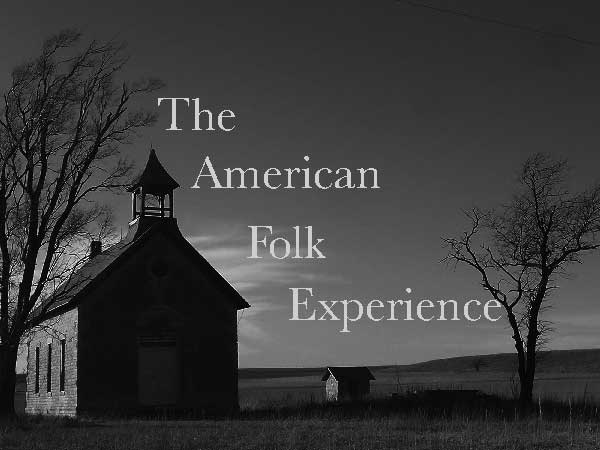
The American Folk Experience is dedicated to collecting and curating the most enduring songs from our musical heritage. Every performance and workshop is a celebration and exploration of the timeless songs and stories that have shaped and formed the musical history of America. John Fitzsimmons has been singing and performing these gems of the past for the past forty years, and he brings a folksy warmth, humor and massive repertoire of songs to any occasion.
Festivals & Celebrations
Coffeehouses
School Assemblies
Library Presentations
Songwriting Workshops
Artist in Residence
House Concerts
Pub Singing
Irish & Celtic Performances
Poetry Readings
Campfires
Music Lessons
Senior Centers
Voiceovers & Recording
““Beneath the friendly charisma is the heart of a purist gently leading us from the songs of our lives to the timeless traditional songs he knows so well…”
Join Fitz at The Colonial Inn
“The Nobel Laureate of New England Pub Music…”

On the Green, in Concord, MA Every Thursday Night for over thirty years…
“A Song Singing, Word Slinging, Story Swapping, Ballad Mongering, Folksinger, Teacher, & Poet…”
Fitz’s Recordings
& Writings
Songs, poems, essays, reflections and ramblings of a folksinger, traveler, teacher, poet and thinker…
Download for free from the iTunes Bookstore
“A Master of Folk…”
Fitz’s now classic recording of original songs and poetry…
Download from the iTunes Music Store
“A Masterful weaver of song whose deep, resonant voice rivals the best of his genre…”
“2003: Best Children’s Music Recording of the Year…”
Fitz & The Salty Dawgs Amazing music, good times and good friends…



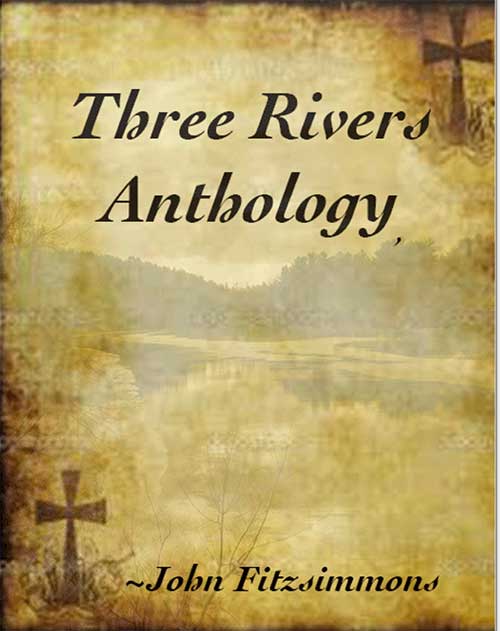
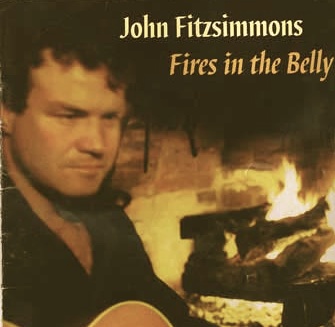
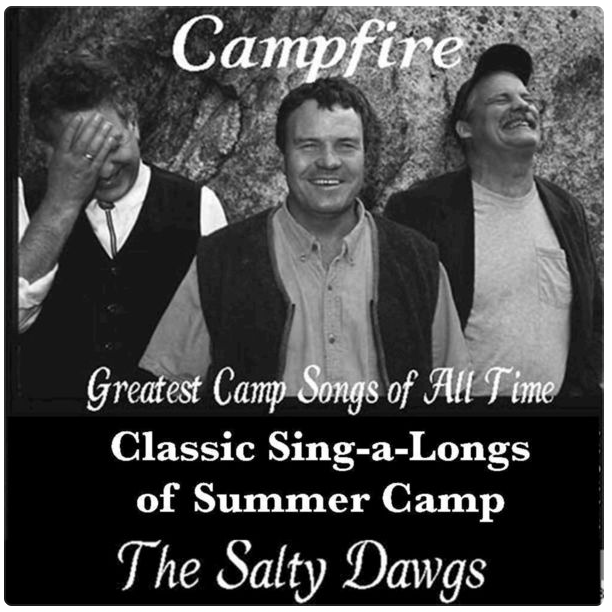
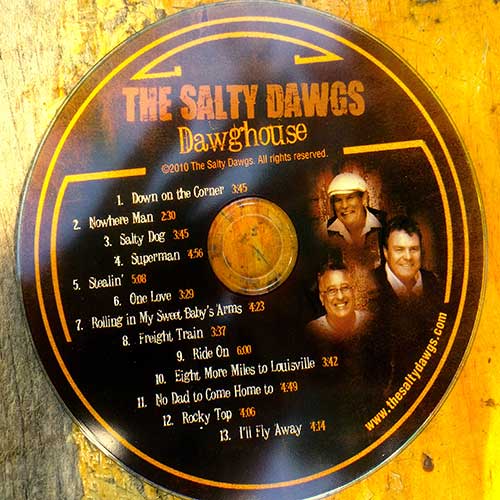



0 Comments